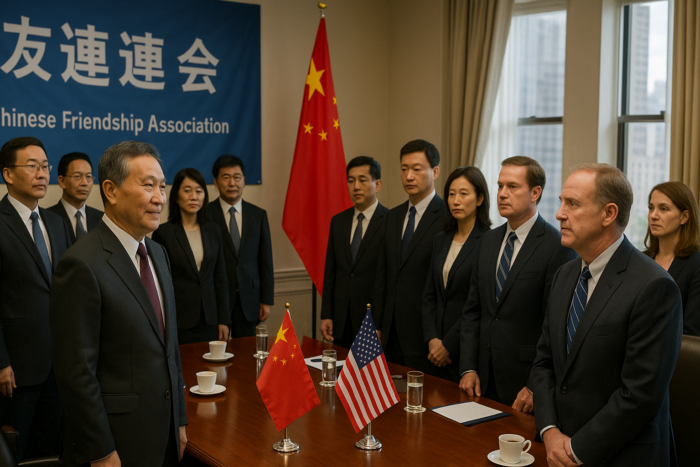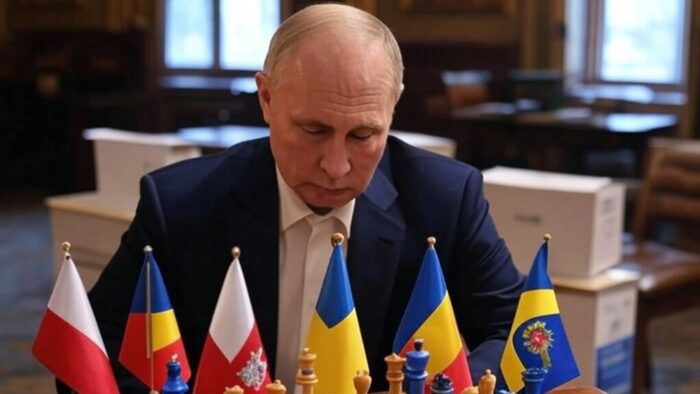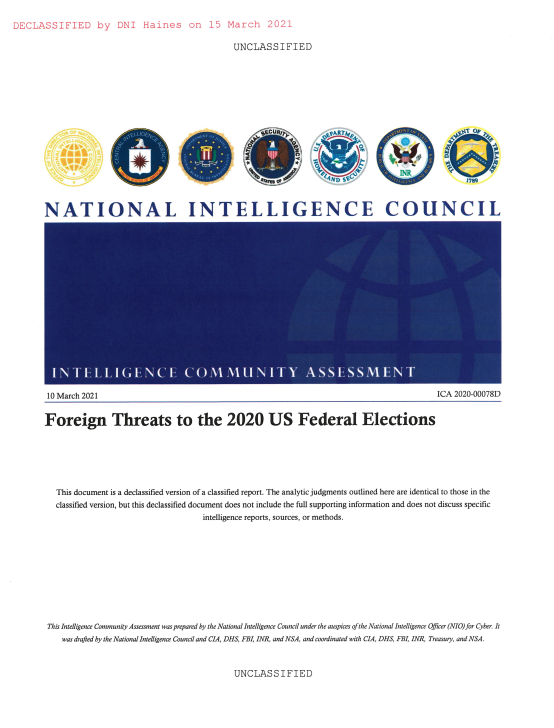Foreign Affairs has posted an article asserting that the US may be most vulnerable to foreign influence operations after the elections. The article begins:
With just days to go before the U.S. presidential election, Americans are once again scrolling through news feeds full of stories about foreign operations that seek to undermine their country’s electoral process. Some of the reports raise questions about whether the administration of U.S. President Donald Trump is politicizing these concerns—and the president himself has cast doubt on the integrity of the election. Americans are left wondering what to make of all the noise. The good news is that the United States is better prepared to address many such threats than it was four years ago: its intelligence community, private companies, and independent researchers have met interference attempts with early detection, exposure, and countermeasures, and they have acted particularly effectively to secure U.S. election infrastructure. But Americans should be prepared for foreign actors to take some of their most significant actions in the days and weeks after Election Day—when the country may actually be most vulnerable. Such a scenario has precedent. Russia interfered in the U.S. presidential election in 2016, according to the January 2017 Intelligence Community Assessment, not simply to hurt one candidate and help another but also “to undermine public faith in the US democratic process.” To that end, if Democratic nominee Hillary Clinton had won, Russian officials “were prepared to publicly call into question the validity of the results” through statements and social media campaigns. Instead, Trump was announced the victor, and Moscow shifted gears to take advantage of a divided, and in some quarters outraged, American public.
Read the rest here.
The Global Influence Operations Report (GIOR) has reported on the long term threat posed by Chinese influence operations as well as evaluations of the various state actors.












